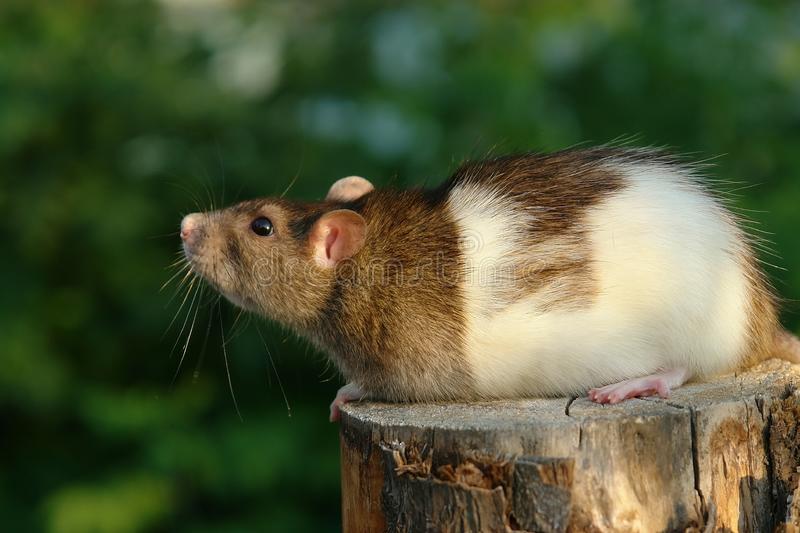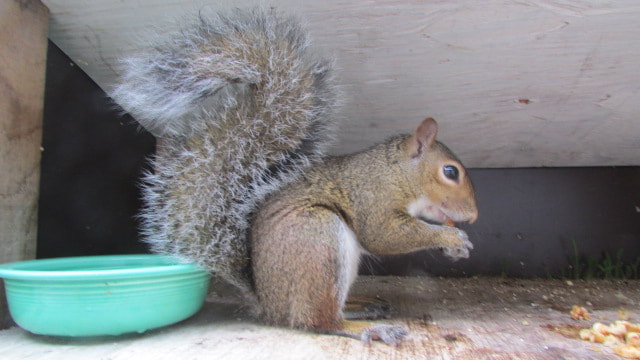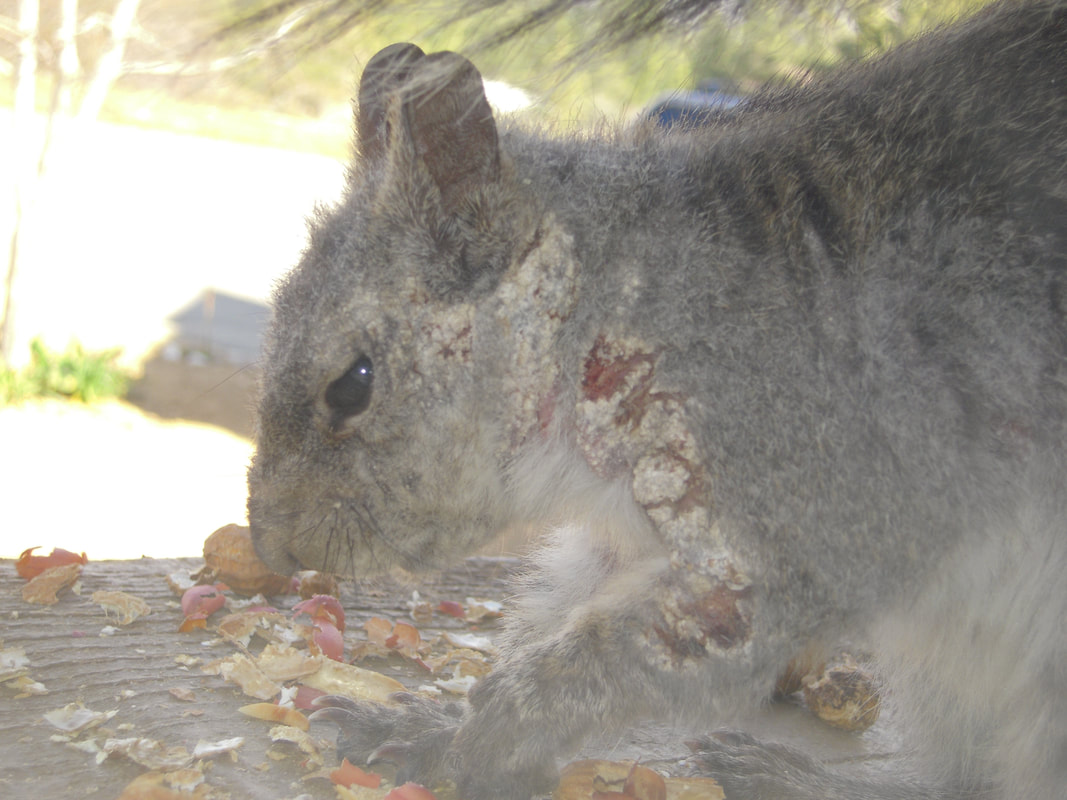One thing you may not know is that there is a substance that was discovered almost 90 years ago that was extensively tested on rats and discovered that it almost doubled their lifespan. The name of this substance is C-60 Fullerene, or C-60 for short. It is made by suspending nano-particles of carbon in a carrier oil such as olive oil. It's a process that is carried out in the dark due to light sensitivity of the carbon and requires constant stirring for 2 to 3 weeks then is vacuum filtered.
Life extension of the rats was only one of the amazing benefits that this research found. The following are links to the scientific studies carried out on this substance along with the findings.
Life extension: https://c60-france.com/media_upload/C60-Fullerene-Baati-Rats-Lifespan-Longevite.pdf
Anti- cancer effect: https://c60-france.com/media_upload/C60-Fullerene-anti-cancer.pdf
Increase in Cardiovascular Health: https://c60-france.com/media_upload/C60-Fullerene-cardiovascular-health-sante.pdf
No toxic side-effects: https://c60-france.com/media_upload/C60-Fullerene-in-oil-is%20non-toxic-toxicite.pdf
Improved brain function: https://c60-france.com/media_upload/C60-Fullerene-improves-brain-function-lifespan-mice-cerveau.pdf
Even with over 25 years of positive finding and benefits of C-60 Fullerene, the Food and Drug Administration refuses to take C-60 off of experimental status. No positive health claims are allowed to be made for it!
At SquirrelNutrition.com I've been giving my 11 ½ year old Eastern Gray squirrel C-60 daily for a long time and she is still going strong! We're also making this product available for anyone who would like to experiment with it on their own. If you opt to try it, we would appreciate any feedback of anecdotal information about results that we could publish on our website.
For further information please visit http://www.squirrelnutrition.com/carbon60.html



 RSS Feed
RSS Feed
